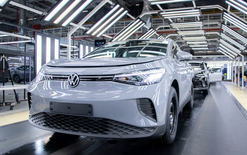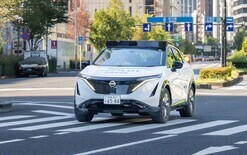‘Realistic’ policies needed for change

The Motor Industry Association (MIA) says the government will need to leverage policies that are realistic and achievable to incentivise a faster rate of change when it comes to reducing CO2 emissions.
David Crawford, chief executive, adds this will be key for the new-vehicle sector to do more than possible than under a “business as usual” approach.
“Climate change is the single biggest issue facing humanity,” he told Autofile Online.
“It’s incumbent on all of us to change our behaviours to reduce the impacts our lifestyles are imposing onto the fragile environment we rely on to live in.
“We all want to live in a better world and we, the importers of new motor vehicles, want to help New Zealand achieve that.”
Crawford, pictured, adds the MIA welcomes the government’s intent through its Emissions Reduction Plan to implement policies that will lead to an achievable and sustained reduction in CO2 emissions from all sectors in New Zealand, including vehicles as they enter the fleet and those already in the fleet.
“The MIA and its members are committed to making transport greener,” he says. “This is the business model we have been transforming into and will continue to do so with increasing speed.
“Having said that, we recognise more can be done to accelerate the reduction of greenhouse gas emissions from transport over that gained under business-as-usual parameters.
“However, to do more than is possible under business as usual will require the government to leverage policies that are realistic and achievable to incentivise a faster rate of change.
“It is pleasing to see in the Emissions Reduction Plan clear targets and proposals to develop an EV infrastructure plan.
“There is also recognition that the government needs to look at not just vehicles as they enter the fleet, but introduce measures to make it easier for vehicles in the fleet to reduce their emissions through greater availability of carbon-neutral fuels.”





